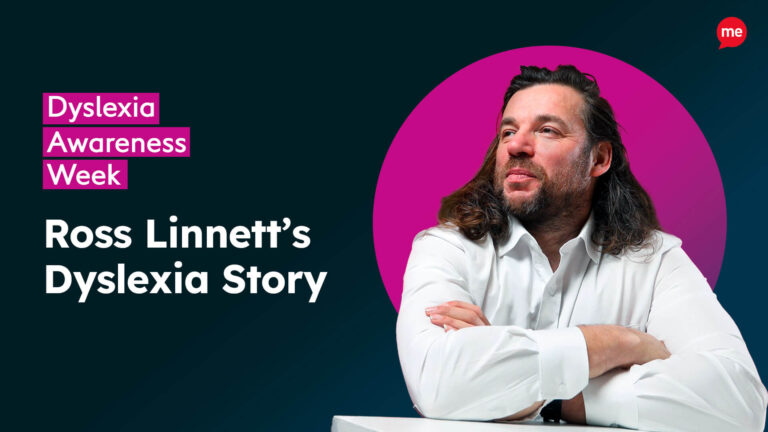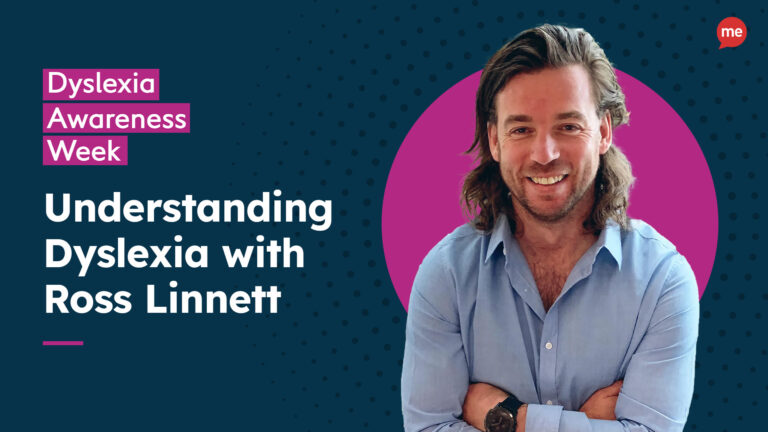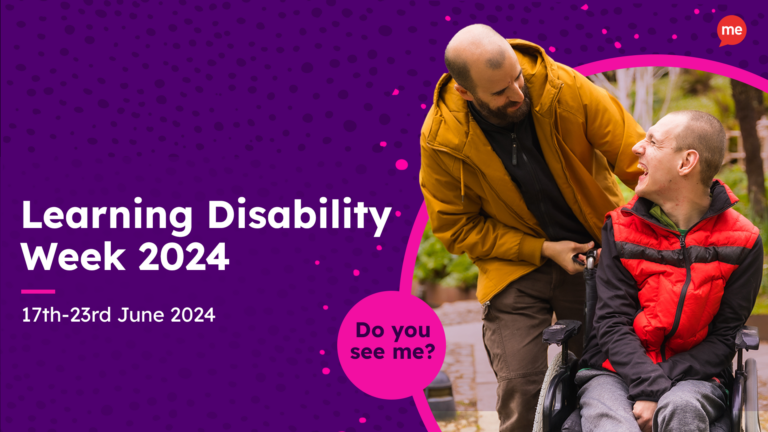The government announced on Thursday, 14th of December, that the role of minister for disabilities had been scrapped. Mims Davies has been appointed minister for disabled people, but she remains a parliamentary undersecretary of state rather than becoming a minister of state, which has been described as a “downgrade” of the post. Our CEO and Founder Ross Linnett shares his thoughts on this news below…
“I’m truly shocked and appalled at the decision announced last week by the government to eliminate the dedicated minister for disabled people.
Mims Davies has been appointed minister for disabled people after the role has been vacant for over a week, but she remains a parliamentary undersecretary of state rather than becoming a minister of state. Labour has described it as a “downgrade” of the post.
24% of the population is living with a disability, which is about 16 million people. That’s not to mention people who care for and are families of persons with disabilities. This is an issue which impacts upon every one of us living in the UK.
Throughout my career, I have campaigned and made it my mission to drive change for people with disabilities. So that children and adults don’t have to go through what I have.
The world has been changing slowly for the greater good and amazing work has been done by so many people. But this news is a setback.
A turn in the wrong direction has been made, that will have a huge negative impact on making positive change in driving forward equality and inclusion for us all.
 Scopes’ director of strategy, James Taylor, cast the opinion:
Scopes’ director of strategy, James Taylor, cast the opinion:
“What kind of message does this give to Britain’s 16 million disabled people? That in the middle of a cost of living crisis we are now less important?”
And really, what does this mean for the interests of disabled people during a time of crisis? On top of the lack of a dedicated minister, there’s also an alarming absence of a publication of a disability action plan.
From individuals recently diagnosed with a disability to those who have undergone life-altering accidents, and our elderly loved ones experiencing diminished mobility – this is a universal concern.
Disability prevalence among working-age adults rose by 3% in 2019/2020 and by a further 2% in 2021/22. Disability could touch any one of us at any given moment and our privilege mustn’t prevent us from taking action where we can.
The role of Minister for Disabled People, Health and Work covered, as of 2021, the following:
- Departmental strategy on disability and disability employment
- Cross-government responsibility for disabled people
- Employment and Support Allowance, Personal Independence Payment, Disability Living Allowance and elements of Universal Credit that relate to disabled people including the severe disability premium
- Disability benefit reform
- Carer’s Allowance
These are not part-time issues and I challenge the government’s opinion that this job role can be downgraded in this way. There’s much more to be done in the accessibility sector, in creating equity for people with disabilities.
Celia Chartres-Aris and Simon Sansome have started a petition. I encourage you to sign it. I certainly will be.
Make The Minister of State for Disabled People a permanent ministerial position.
Let’s make the Minister of State for Disabled People a permanent position. This isn’t just for people with disabilities—it’s about all of us, our friends, our family, and our country’s future. We need to unite as one to make sure this is not the final outcome.”



